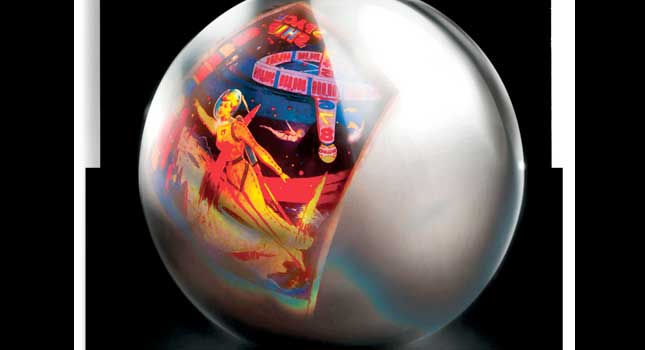
However, to put that right and give us the opportunity to read the first two outings of what has come to be known as the “Trilogy Of The Rat”, Murakami will be re-publishing them in a two novel release later this year. Entitled Wind/Pinball, it will be available in hardback, ebook and digital download on the 4th August 2015, combining his first two books, which are novella in size, into one. Though all of the books in the series, including the last of the trilogy, A Wild Sheep Chase (1982), are independent novels, they feature the same nameless narator, so it’s worth reading them all to get a feel for Murakami’s earliest work.
In Hear The Wind Sing, the narrator returns home from college for the summer months and reunites with his friend The Rat, who hang out in J’s Bar listening to the radio, drinking, smoking and talking about the big thoughts that dominate their heads. For the narator its his understanding of writing, along with a recent tryst with a woman and his pursuit of a relationship with another girl who has only nine fingers, and for The Rat it’s his increasing sense of alienation from society.
This is followed by the events of Pinball, 73, which picks up with the narator three years on living in Tokyo. He lives with twins who he finds impossible to distinguish between and works as a translator as he’s plagued by the memory of his most recent relationship failure. The Rat, meanwhile, has remained back home, seemingly unable to leave either their own town or his girlfriend. When the narator’ nostalgic memories turn to another brief obsession he once had, playing pinball at J’s Bar, he sets off on a crazed adventure to track down the same model he used to play years ago, the three-flipper Spaceship.
The style of the two novella differ slighter to his later approach, taking on literary realism over the surrealist and magical reality developments he has gone on to favour. However, even in his earliest work where the day-to-day banality was his creative delivery, there are the occasional flutters of slight surrealism, with Pinball, 73 almost a bridge between the two styles, leading into the magical realism of the third book in the trilogy, A Wild Sheep Chase.
Haruki Murakami has been pretty prolific in his writing over the years, having picked up critial acclaim for notable releases like Norwegian Wood, The Wind-Up Bird Chronicle, Kafka on the Shore, and 1Q84. He’s also won a number of awards over the years, including the Franz Kafka Prize, but for fans of his work these first two novels will have been illusive until now.
The hardback release for Wind/Pinball has each story at opposite sides of the book, so you’ll flip it to go from one to the other. It’s also been newly translated, so it should be the most representative English language version of the two novella to-date. It features a new introduction by Murakami himself, making it a good insight into the Japanese author’s writing beginnings.


